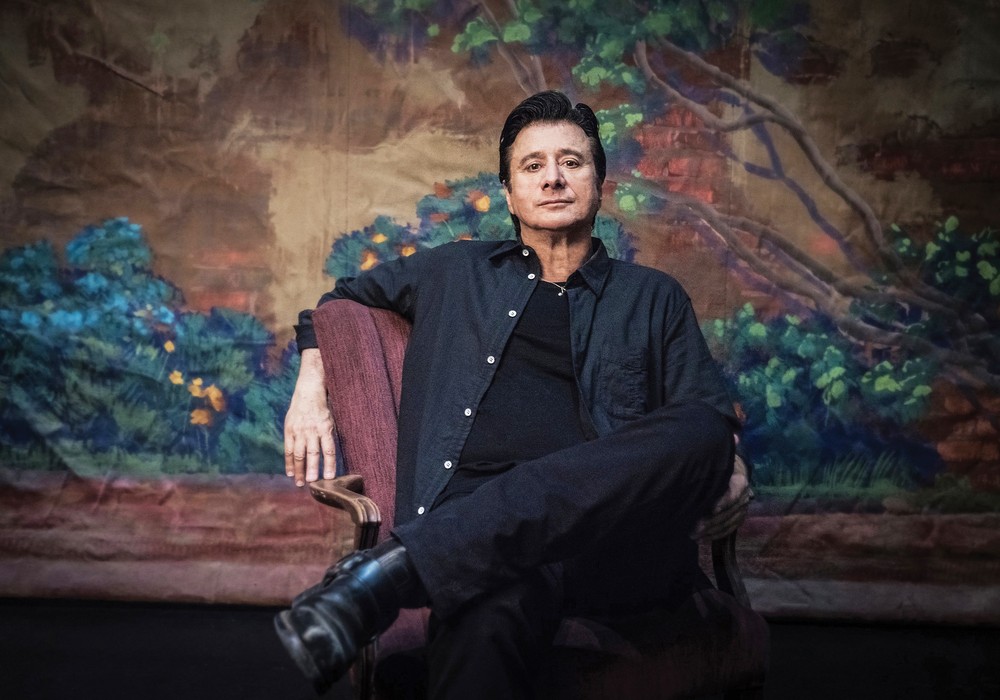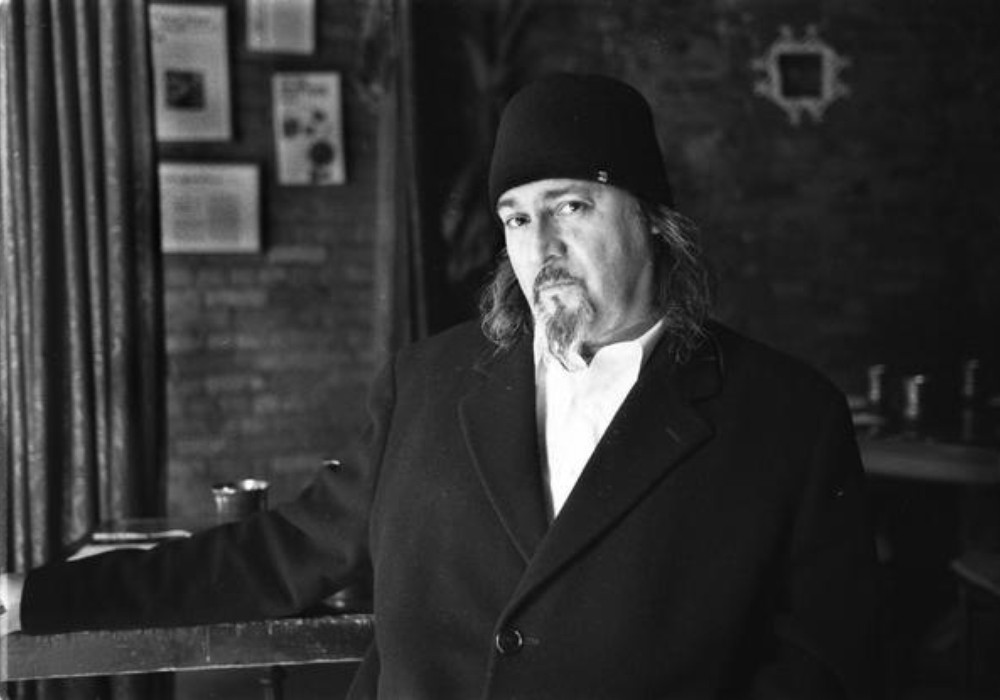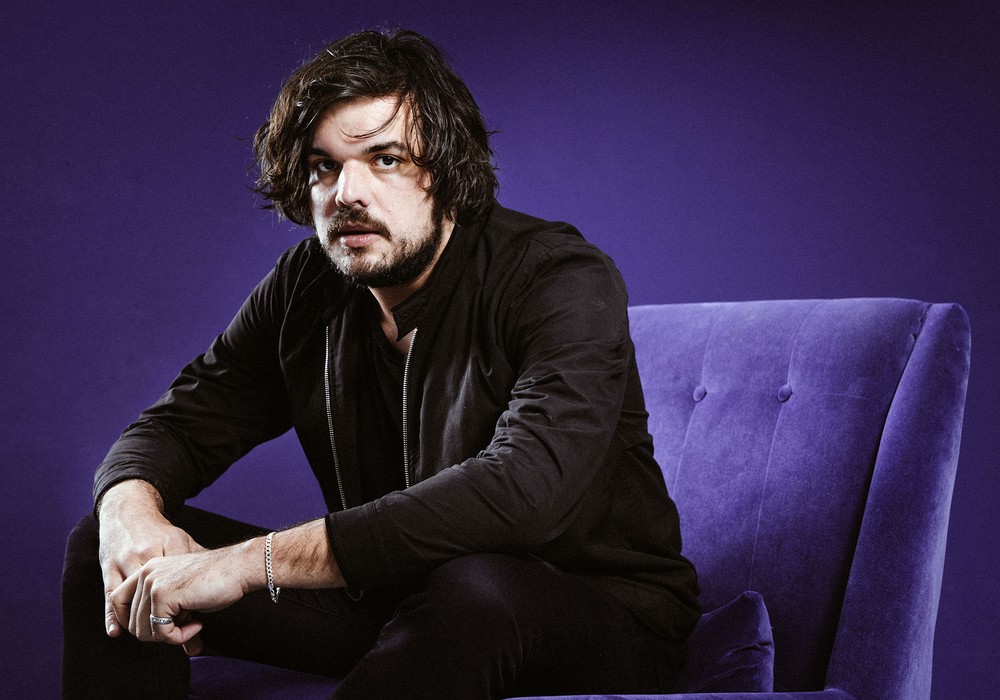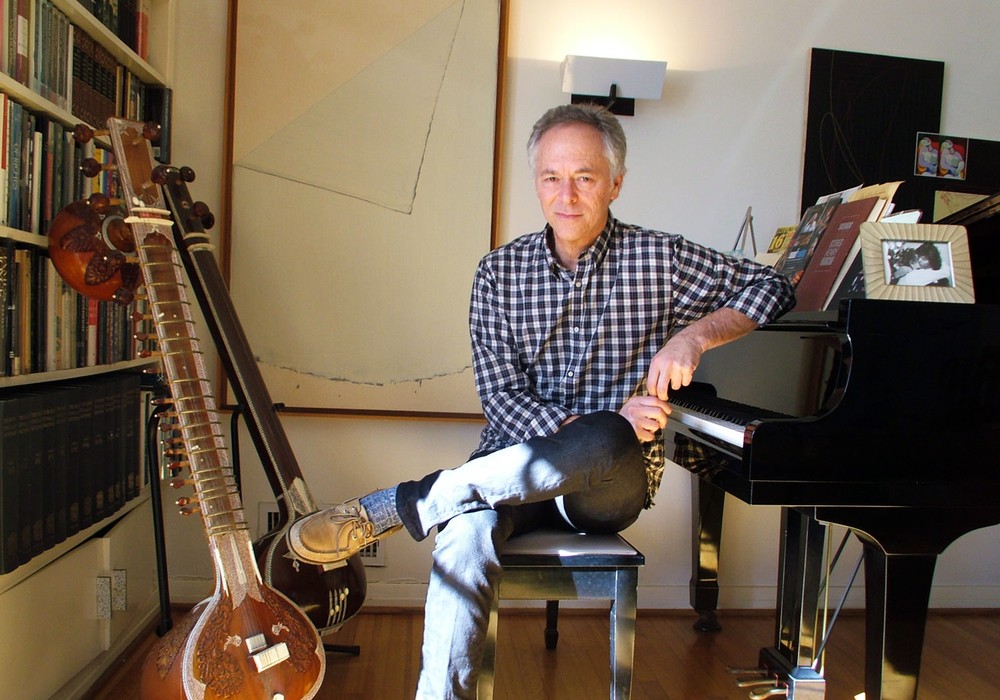When I was setting up our interview with musician/producer David J, he asked if I had any interest in speaking with Tony Green, the engineer/recordist for his last few albums. I was going to be in the Los Angeles area soon, so I agreed to drop by Tony's modest, yet awesome, home studio, Ear Gallery Music Studio. Set next to his home, and perched on the edge of a ravine, the location is a peaceful change from the hectic pace of L.A.
How did you and David J meet?
It was really funny. We were doing this kind of "underground club" over in Glendale. A friend of ours had started this invite-only event in his loft. We'd have tons of singer/songwriters come in, and we were the house band. My wife, Susan Costantini, played piano and I was playing bass. We'd have people coming in, "Oh, play this song. It's in G." It was challenging. This guy shows up, and he looks familiar, but I don't really know who he is. He's got an English accent, and he asked if we could play [Love And Rockets'] "No New Tale to Tell." I said, "Yeah, I know that song." A lot of people come up and ask to play covers. He showed me how it goes on guitar. We played it and had fun. After we were done, I said, "You sound just like that guy." He said, "Cheers mate, I am that guy!"
That's too funny.
He actually ended up moving into the loft and living there for a while, but now he's down in the San Diego area. We recorded his last two albums [Not Long For This World, An Eclipse of Ships] here.
That came about just from meeting him there?
Yeah. We played together with him live after we met. The cabaret stuff he does is really cool. It's acoustic piano, and upright bass. It's very theatrical. He said he wanted to record it, so he came over and recorded the first one. He loves the environment here, being able to go out back and chill out. I considered it an honor because he knows so many peoples' studios, and this is just my little project studio. David's really great to work with because he's very spontaneous. I come from a jazz background, and I like how he has the whole thing in his head. He tells you what to do, and then he knows when it happens. It might not necessarily be the perfect take, but he knows when it's got that vibe. He'll say, "That's it! We've got it!" When you listen back to it, he's right.
He has good instincts.
I bet it comes from all of his years of doing that. He doesn't like click tracks. I'll ask if he wants click and he doesn't want it.
How did you approach the sessions? Were you tracking multiple instruments at the same time?
Yeah. I think he liked to do most things all at once. At one point we put drums in the iso booth; I played bass in the control room, my wife would be on piano in the house, and we'd put David in the house. I've got tie lines going into our home. We've got a room off the deck that he would track his vocals in. He'd set up candles, create a vibe, and then we'd just track it.
You could run the computer in the control room and play bass?
Yeah. I'm just hitting record, and then we could hear each other because of all the mics.
Could you see each other at all?
No. That was kind of cool. It really forces the musicians to listen to each other. The mic that I used on David's voice, for the most part, was the Telefunken AK-47. I really like how that worked on his voice. It gave an edge to it and really put him out front.
Did you do a lot of overdubs on those records?
On the vocals, some of the live ones we kept and others we re-did. Then we'd bring in different instruments. Sometimes he'd say, "You know what? We need mandolin on this." He'd find some mandolin player and bring him in. Sometimes we'd do pedal steel. On this last one [An Eclipse of Ships], he really went for an Americana vibe.
What led you to having a recording space here?
I've done a few film soundtracks, and I really like composing. I've always been into recording, ever since I had an old TEAC 4-track. A friend of mine, Bill Burgess, and I went to school together, and we used to create these crazy...
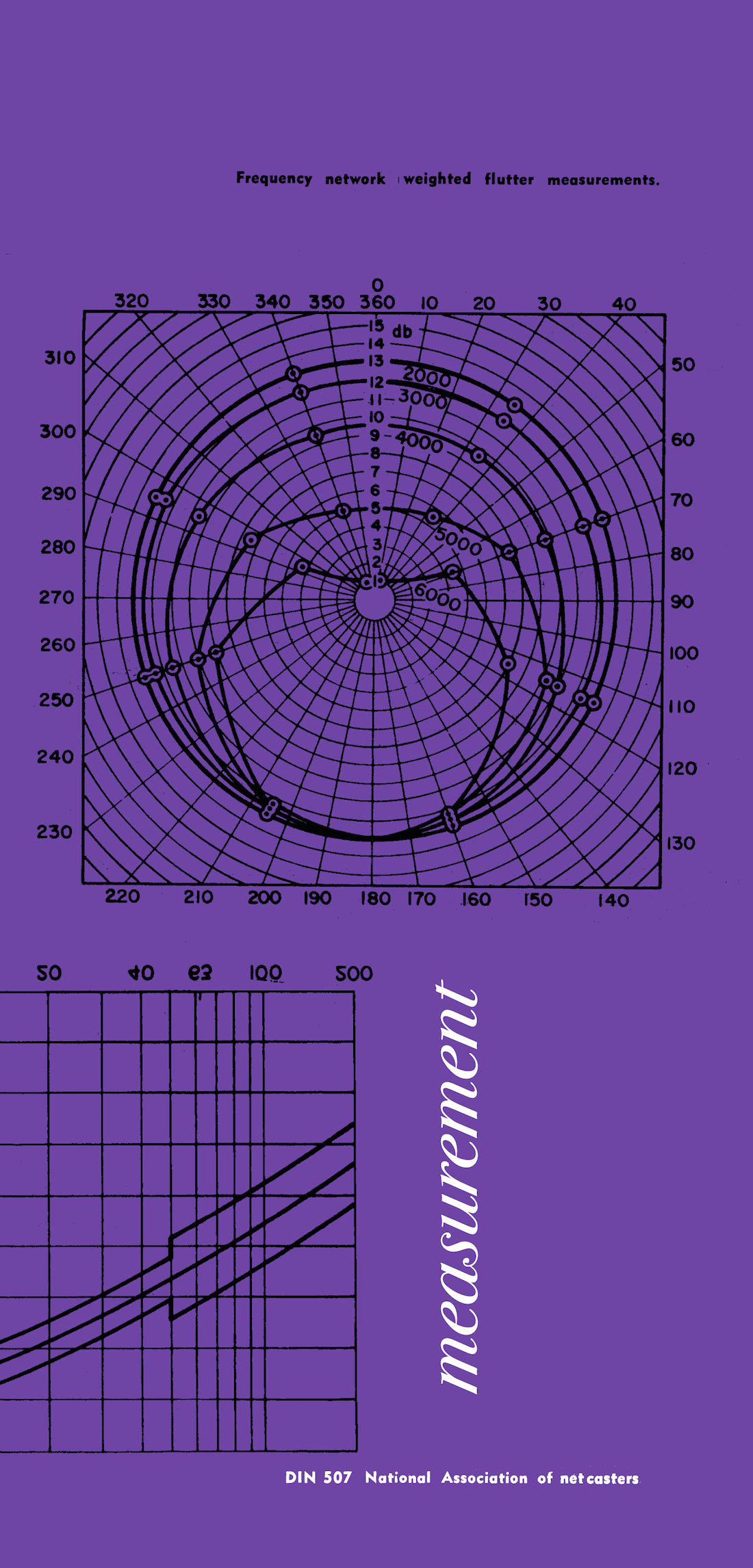

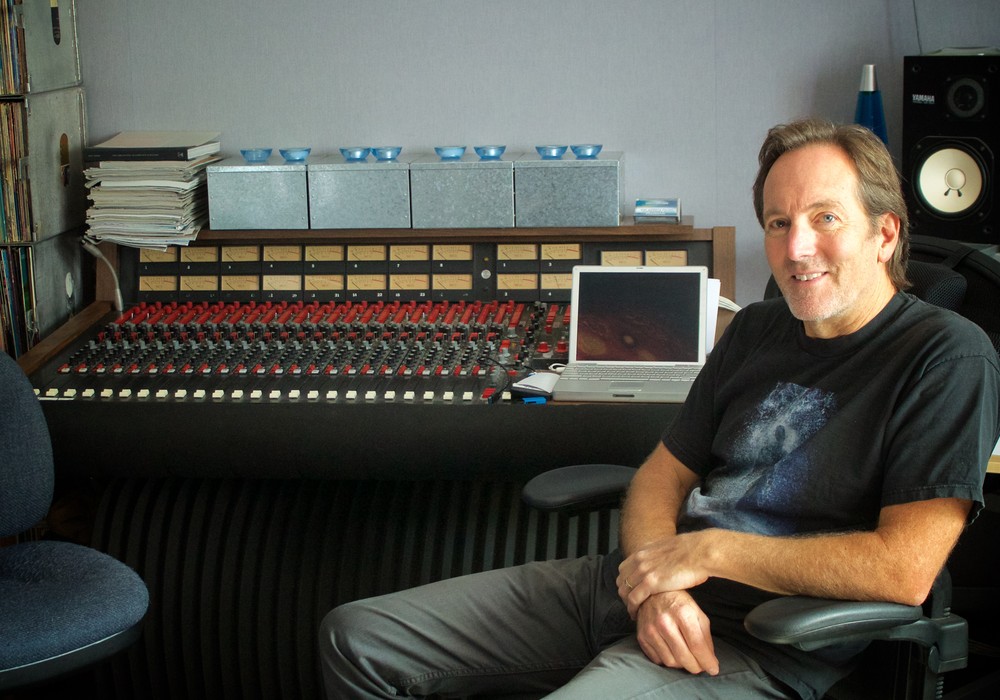
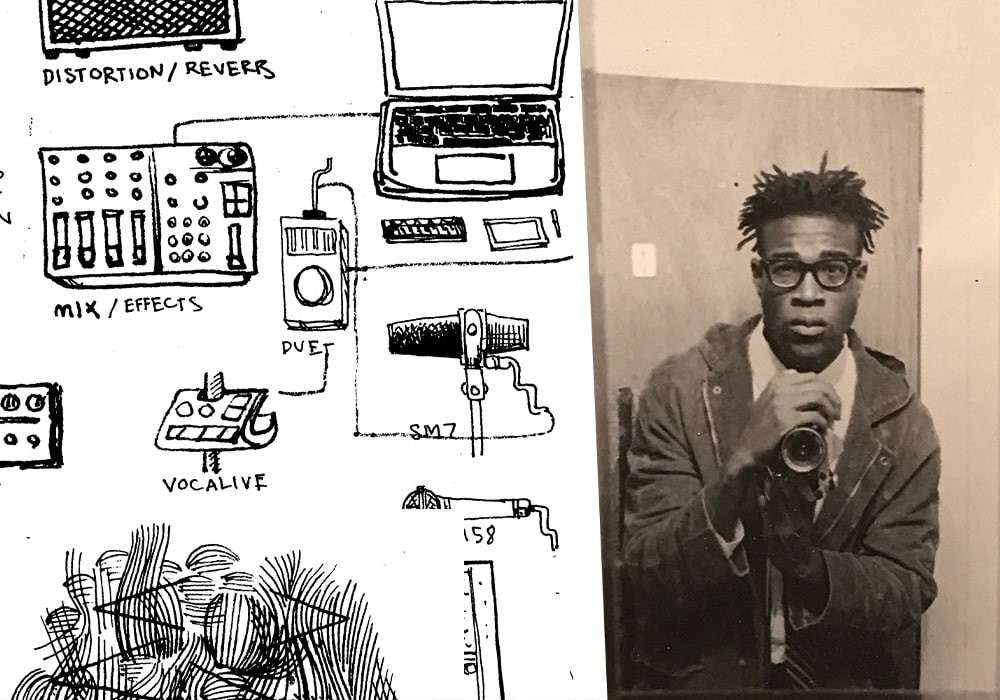
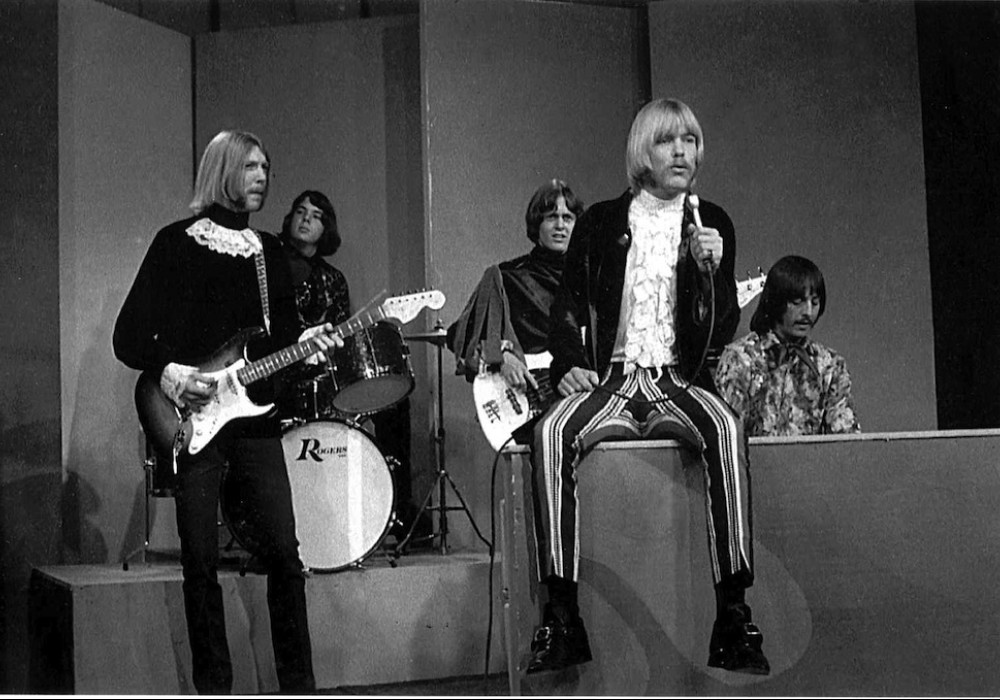
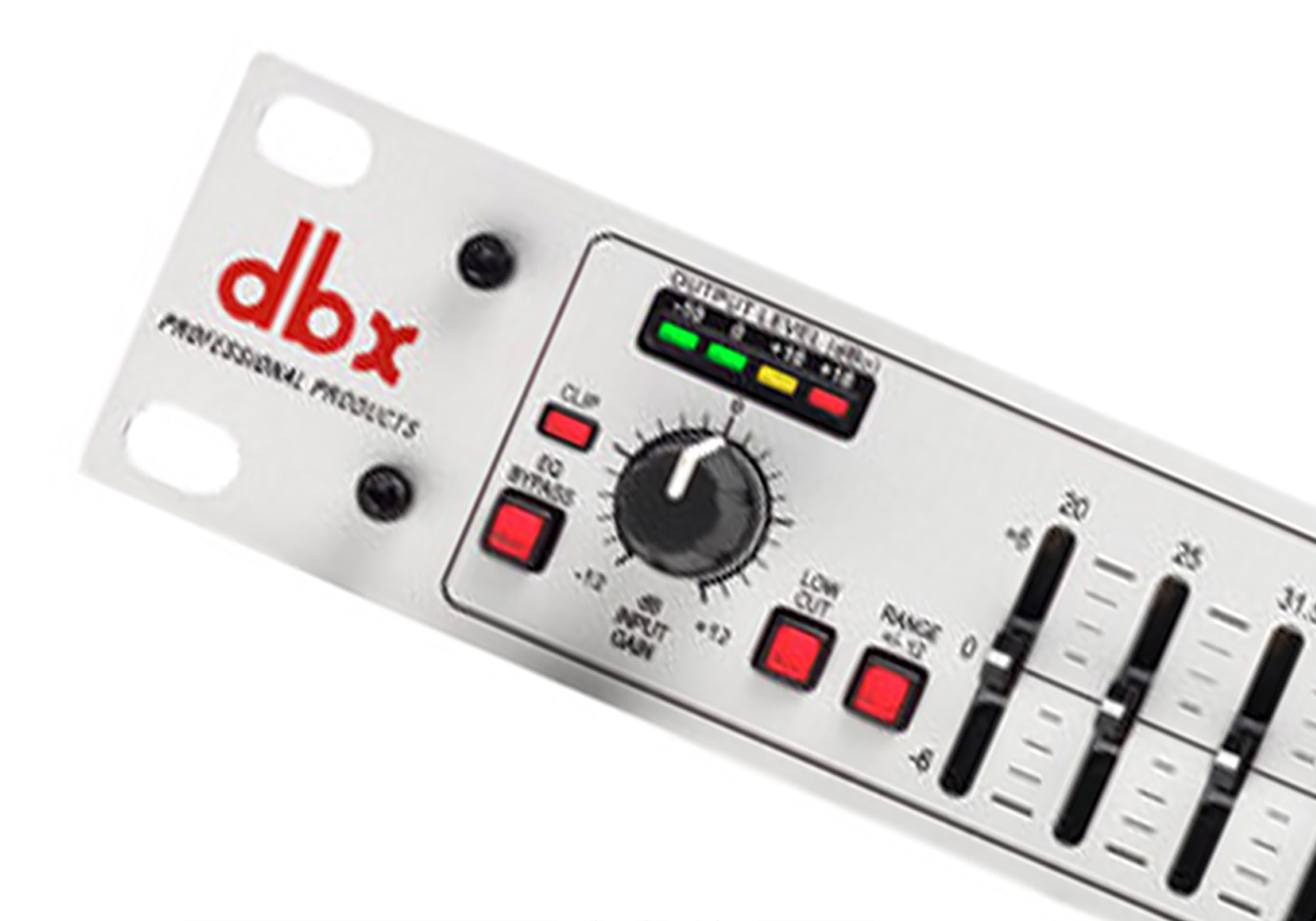
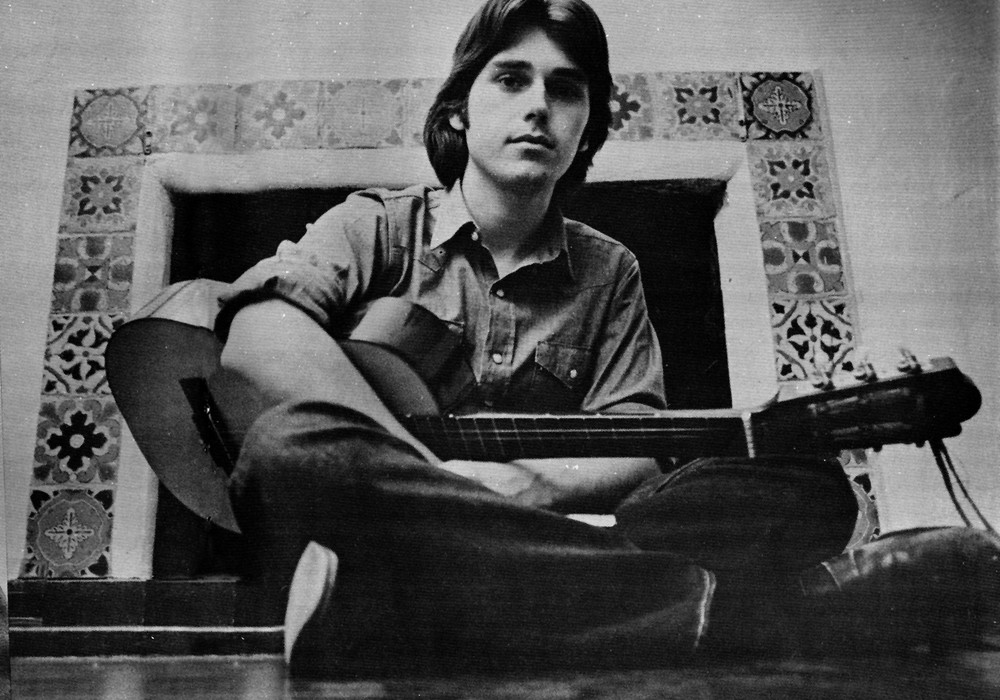
_display_horizontal.jpg)
